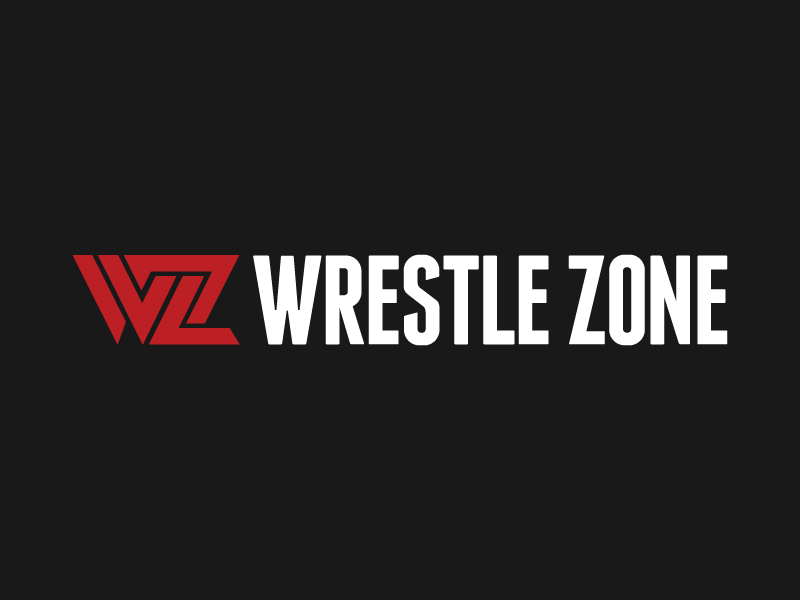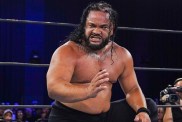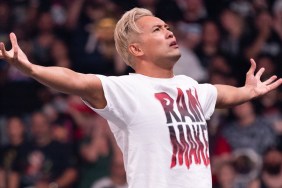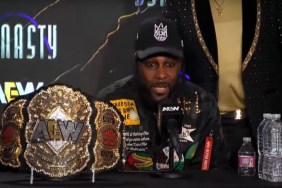Hello everybody, and welcome to another edition of Reading Between the Ropes. Sport is a profession which takes its toll on the body. Athletes are like thoroughbreds; it doesnât take much for an injury, slight niggle, or tweak to set an athlete of course, and discomfort him. Everything has to be right for the athleteâs mind to be at ease, and for his body to be in tip-top shape to perform at its peak.
In athletics, injuries are common place. Sprinters are seemingly always on the sidelines with some kind of injury, whether it be hamstring, Achilles, groin, calf, or whatever. In cricket, fast bowlers have issues ranging as far as toe injuries, with the pressure applied to the front of the boot as the foot slides across the crease, to side strains and back problems due to the pressure applied to their bodies in their delivery. It doesnât take a genius to work out where tennis elbow originated from, and the list of injuries applied to American football and football players is extensive.
Wrestling is no different from these sports in the sense that wrestlers suffer all variety of injuries. Iâll leave you guys to ponder amongst yourselves the different types of injuries you can recall wrestlers suffering over the years. So, what can wrestlers do about stemming these injuries? What can superstars do to stop the mounting list of injuries that are waiting to be suffered as they work a non-stop schedule?
Well, the obvious answer would be to work a part time schedule, or to take some kind of sabbatical, like Chris Benoit did in 2006. However, things like that can seriously hamper a wrestlerâs likelihood at being awarded a title, or being given a regular top spot on the card. We all know how stubborn Vince McMahon can be, so telling Vince where and when you can work might prove problematic in relations between wrestler and promoter, and could lead to a serious push down the card.
So, whatâs the answer?
Well, perhaps the answer lies in simply conserving oneâs energy; being careful about where and when you choose to give your everything. Quite simply, perhaps itâs about NOT giving 100 percent each and every time you step out in front of a live audience.
Crazy, I know, and perhaps a tad unfair on those souls who sit their and pay their hard-earned money to see you perform. However, ultimately, wrestlers may have to make these decisions to preserve their careers and, maybe, their lives.
In cricket, after initially establishing themselves with good first class performances, the top Test match players almost always fail to deliver when they come back for a brief appearance for their county side. If you look at the top international bowlers over the past 10 years, you will see that at first class level their records are average at best, at least they are AFTER being selected for Test match cricket.
Itâs an obvious case of using gears â” gears of performance. They know when to turn it on and when to turn it off. Itâs a natural instinct. A primal instinct. An instinct of survival; in this case the survival and preservation of their bodies and, with it, their careers at the top level.
The example above is a prime reason why central contracts were introduced. Before the introduction of central contracts, the evidence of cricketers (bowlers, in particular) using gears to their advantage was conspicuous. So, the think tanks over at the ECB (thatâs English Cricket Board, for those who donât know) decided to introduce central contracts, after they were successfully implemented in Australia. That meant cricketers were under contract to the national side over and above their county side, meaning they were protected from being played by their county in times when they needed rest in between national (or Test) matches.
This got me thinking; perhaps wrestlers do the same thing?
What separates a PPV from a weekly show? Well, besides the culmination of feuds and top matches over titles, perhaps wrestlers take it up a notch or two performance wise. Who could blame them? They work an extremely hectic schedule, and with the tragic loss of many stars over the past decade, they need to start looking after number one.
I know that fans in live attendance deserve to get their moneyâs worth, but ticket prices should be set at levels which determine the significance of the event and, thus, the level of performance, or gear, at which the wrestler will compete at.
Itâs no coincidence that the most memorable matches occur at the biggest events, but perhaps the reason for that is more than simply because the best matches are booked on those given nights. The exact same contest could be booked on a weekly show and the quality of contest is usually never the same. While that could be put down to the atmosphere, the razzmatazz and glitz and glamour of the big PPV spectacular, or maybe even the longer time usually available to the athletes on PPV, I would also put it down to the gears theory.
You bring out your best when itâs needed. In football, you often hear the commentators say that it is a good sign if a side wins when they havenât played well, or have played in âthird or fourth gearâ. In this case, perhaps itâs a good sign when a wrestler can produce a quality or reasonably entertaining match when they are in third or fourth gear.
The likes of Kurt Angle, Shawn Michaels, HHH, AJ Styles, Booker T, etc. all have to adopt a similar approach and, not win a match, but entertain in third or fourth gear, which is the wrestling equivalent to the aforementioned football scenario.
A few years ago I accused Booker T of going through the motions. Perhaps I was wrong. Perhaps Booker T was merely using gears at a period when he wasnât required to give 100 percent. A few years ago Booker was reportedly on the verge of retirement. Now look at him. Heâs enjoyed one of the most successful periods of his career.
Wrestlers must assess the importance of a performance based on the crowd, the event, and maybe even the opponent. They must know when to move up and down these gears appropriately and, perhaps more importantly, without it being noticeable in a negative sense. Fans must know they bring their A game to the big events, without it being obvious that they take it down a notch on the weekly shows.
Wrestlers need to use gears if they are to survive in the wrestling business. They need them to prevent further injury and stop from burning out. But, and perhaps most significantly, wrestlers need gears because they can prolong careers, and maybe even save lives.
Until next time,
Mitchell L. Gadd








